Seigniorage is the profit a government makes by issuing currency, calculated as the difference between the cost of producing money and its face value. While this practice has been around for centuries, it comes with serious risks, particularly when it’s abused. Historically, seigniorage has often led to inflation, and in extreme cases, hyperinflation. In today’s global economy, with expanding money supplies and growing debts, these risks are ever-present. However, Bitcoin offers a promising alternative, one that is immune to inflationary pressures due to its decentralized and fixed-supply nature.
Seigniorage Throughout History
The concept of seigniorage is not new. In fact, it dates back to ancient civilizations. The Roman Empire is one of the earliest examples where physical seigniorage was widely practiced. Roman emperors would gradually debase their coinage by reducing the amount of precious metal (like silver) in the coins, while maintaining their nominal value. This allowed the empire to mint more coins at a lower cost, thereby increasing the money supply. However, the consequence was significant inflation. Over time, the value of the coins dropped as people recognized they contained less silver. This contributed to the weakening of the Roman economy and its eventual decline.
In more modern history, Weimar Germany provides a stark example of inflationary seigniorage gone wrong. After World War I, the German government printed vast amounts of money to pay off war reparations, which led to hyperinflation. By 1923, the currency had become so worthless that people needed wheelbarrows of banknotes just to buy a loaf of bread. Similarly, Zimbabwe in the 2000s experienced one of the worst cases of hyperinflation in history. To deal with its economic problems, the government printed enormous amounts of money, leading to inflation rates so extreme that prices would double in mere hours. By 2008, Zimbabwe’s inflation reached an incomprehensible 89.7 sextillion percent per month.
Modern Inflationary Risks
In modern economies, the risks of inflationary seigniorage persist. Governments often rely on expanding the money supply to finance debt, especially during crises. Following the 2008 financial crisis and the COVID-19 pandemic, central banks like the U.S. Federal Reserve took aggressive measures, including quantitative easing (QE). This involved purchasing government bonds and injecting liquidity into the economy. The M1 money supply (which includes cash and checking deposits) expanded from around $4 trillion in 2019 to over $20 trillion by 2023.
While these policies helped stabilize economies in the short term, they also raised concerns about long-term inflation. An ever-growing money supply reduces the value of each dollar, euro, or yen in circulation, threatening to erode purchasing power over time. Although hyperinflation is unlikely in developed economies like the U.S., the potential for rising inflation remains a concern as national debts continue to climb.
Bitcoin as a Hedge Against Inflation
Bitcoin offers a fundamentally different model. Created in 2009 as a response to the global financial crisis, Bitcoin operates on a decentralized network, and its supply is capped at 21 million coins. This fixed supply makes Bitcoin immune to the inflationary pressures that often accompany fiat currencies. Governments can’t print more Bitcoin to cover their debts, making it a unique store of value in uncertain times.
In countries facing hyperinflation, such as Venezuela, many citizens turned to Bitcoin to protect their savings as their local currencies collapsed. Bitcoin’s decentralization means no single entity, like a government or central bank, can control its issuance or manipulate its value. While Bitcoin is volatile, its long-term value as a hedge against inflation continues to attract attention from investors and institutions alike.
A Look to the Future
As Bitcoin approaches its 15th anniversary, it has evolved from a niche asset to a mainstream consideration for many investors. While early adopters saw Bitcoin as a digital currency, it has increasingly been embraced as "digital gold"—a secure, inflation-resistant store of value. Over the years, Bitcoin has weathered numerous market fluctuations, but its decentralized, fixed-supply nature continues to appeal to those looking for an alternative to fiat currencies that are susceptible to inflationary pressures.
Looking ahead, Bitcoin’s role in the global economy could expand. As governments around the world continue to grapple with rising debts and expanding money supplies, Bitcoin offers a possible path to a more stable and decentralized financial system. Its fixed supply and resistance to inflationary manipulation offer hope for a future where individuals can protect their wealth from the erosion caused by inflationary seigniorage.
[link] [comments]

You can get bonuses upto $100 FREE BONUS when you:
💰 Install these recommended apps:
💲 SocialGood - 100% Crypto Back on Everyday Shopping
💲 xPortal - The DeFi For The Next Billion
💲 CryptoTab Browser - Lightweight, fast, and ready to mine!
💰 Register on these recommended exchanges:
🟡 Binance🟡 Bitfinex🟡 Bitmart🟡 Bittrex🟡 Bitget
🟡 CoinEx🟡 Crypto.com🟡 Gate.io🟡 Huobi🟡 Kucoin.
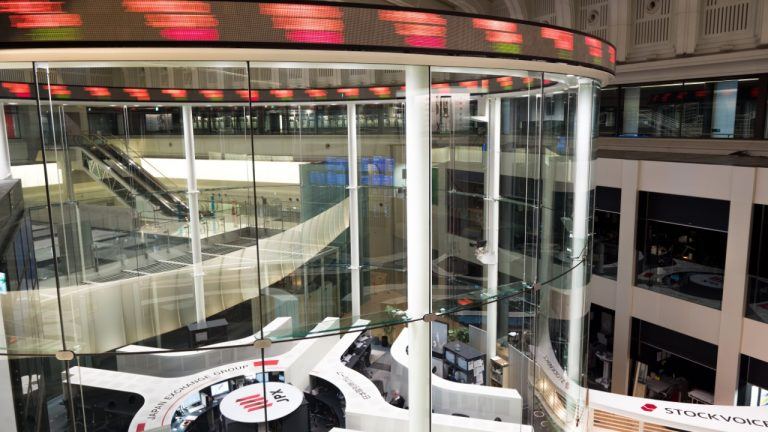

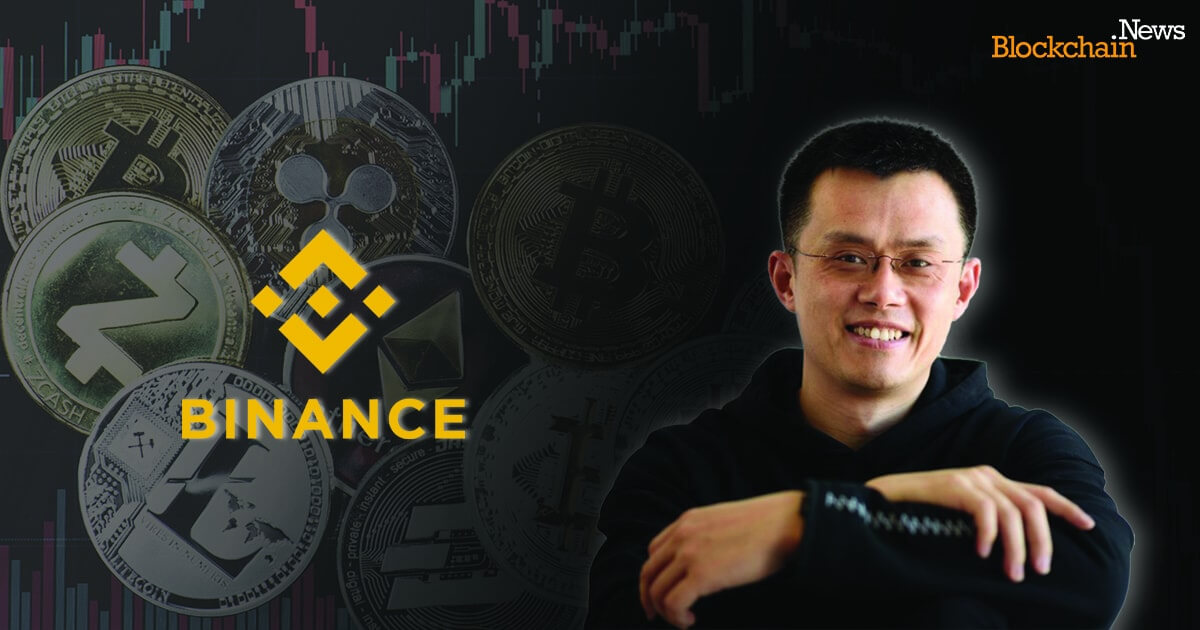

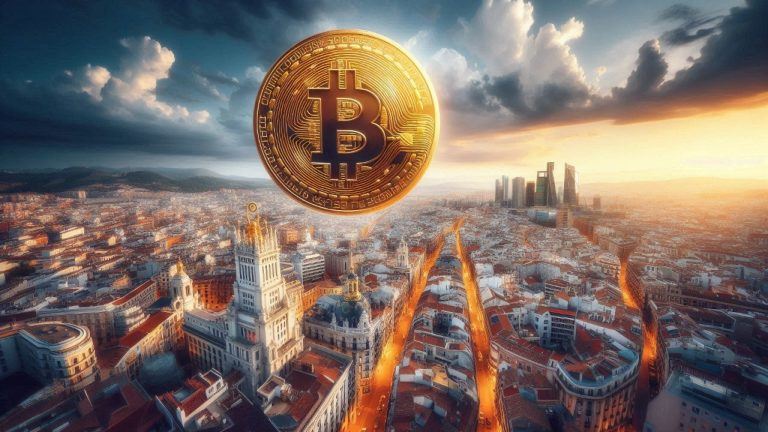
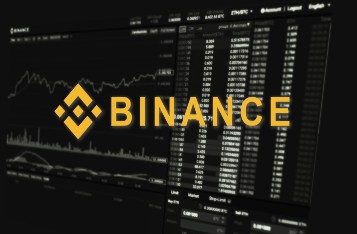




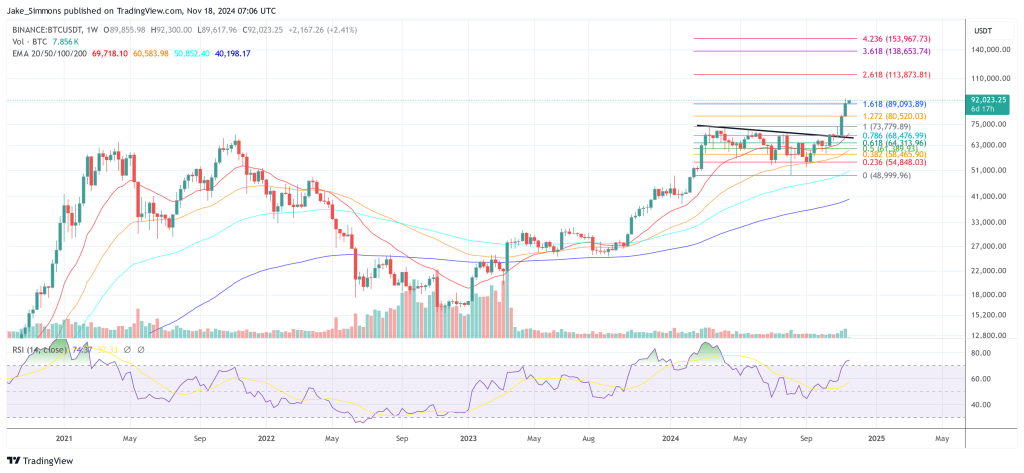





Comments